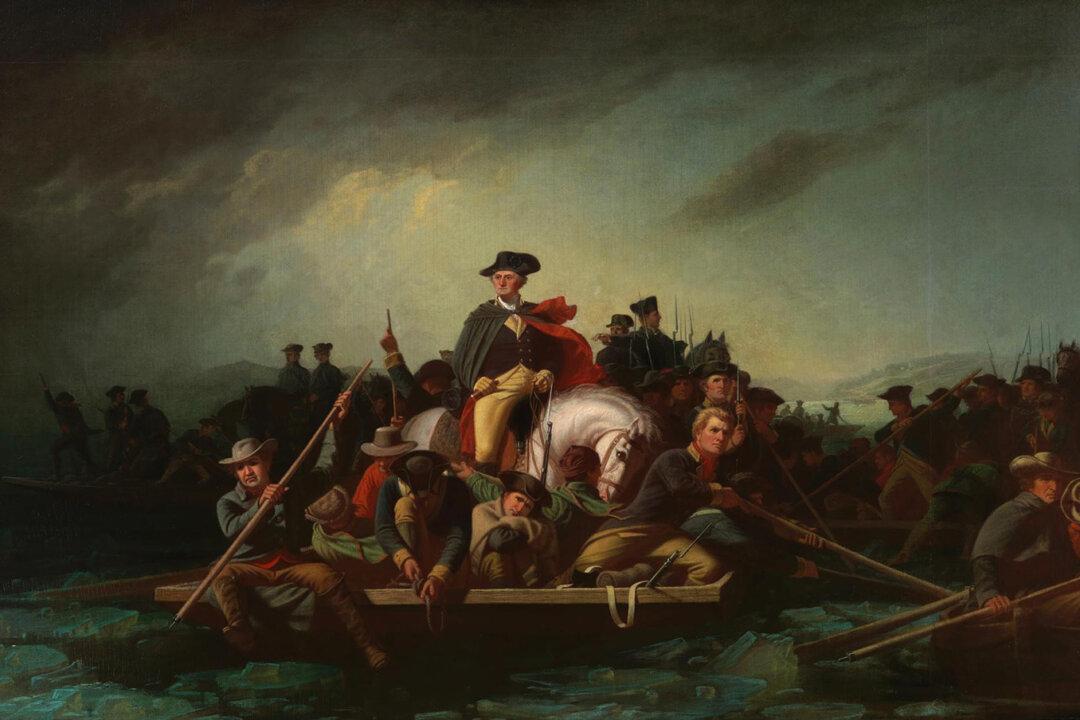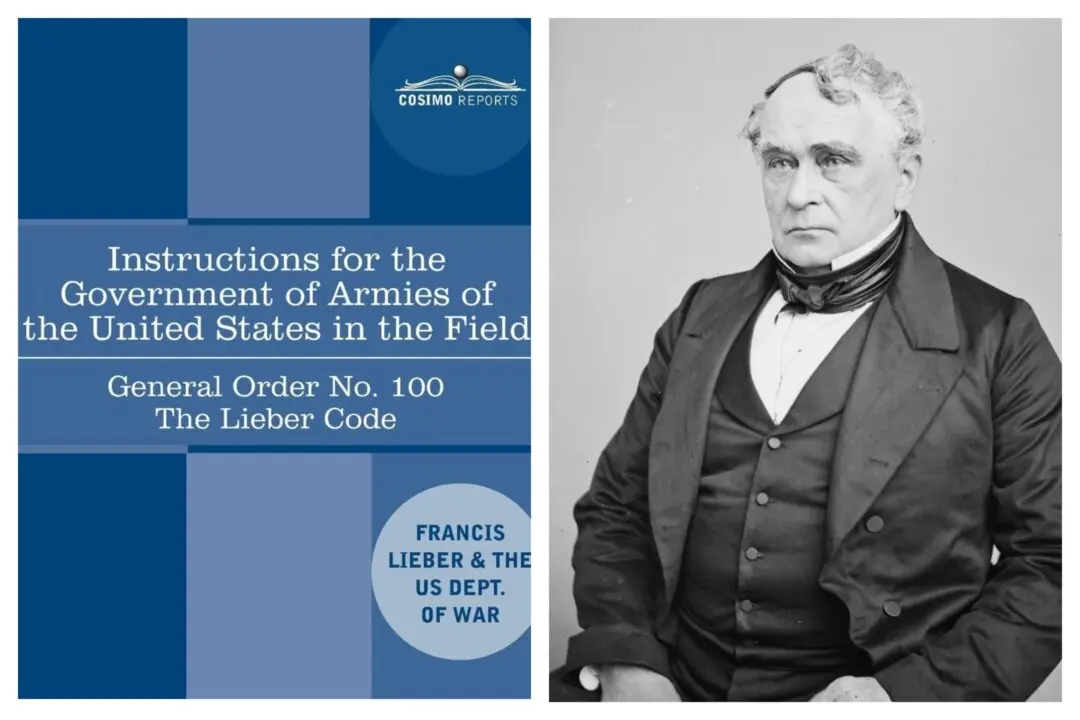In August 1755, George Washington had been made commander in chief of Virginia’s colonial forces. A year later, however, the 25-year-old commander became incensed at being passed over for a royal commission. He was also bitter over the manner in which his fellow Virginians, those who had “behaved like men and died like soldiers,” had been treated by the British. The Virginia Regiment had been the first to enter into the fray of the French and Indian War.
“Your endeavors in the Service and Defence of your Country must redound to your Honor, therefore pray don’t let any unavoidable Interruptions sicken your Mind in the Attempts You may pursue,” warned George William Fairfax in a letter to Washington in April of 1756. “Your good Health and Fortune is the Toast at every Table, Among the Romans such a general Acclamation and public Regard shown to any of their Chieftains were always esteemed a high Honor and gratefully accepted.”






